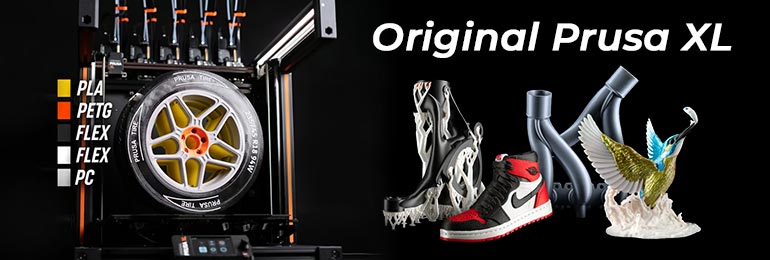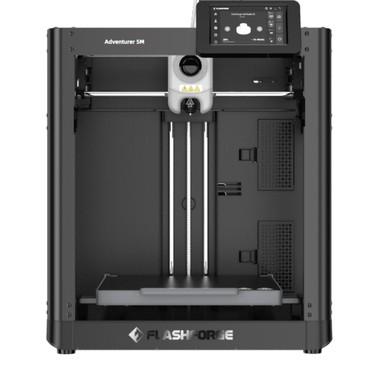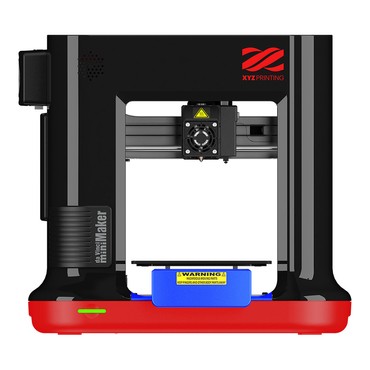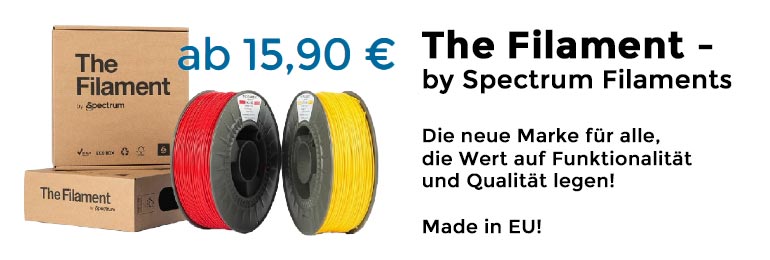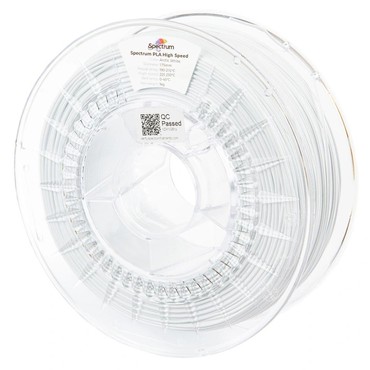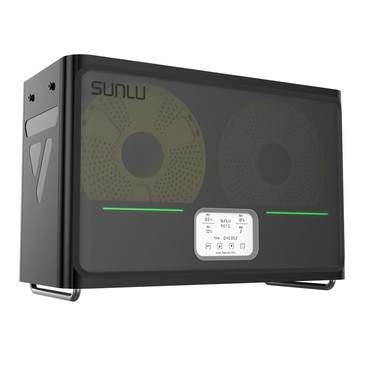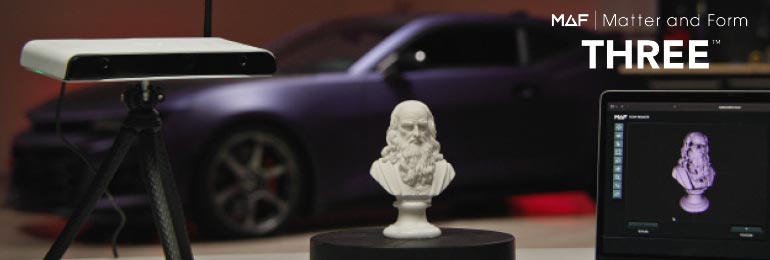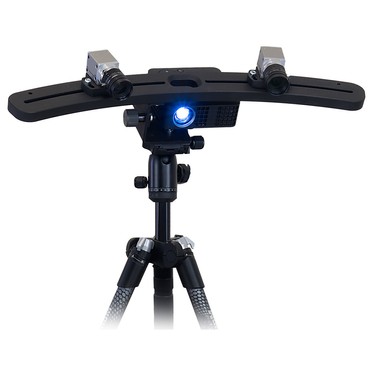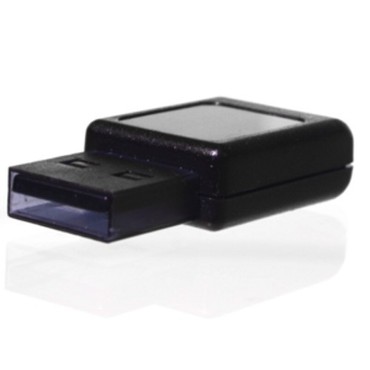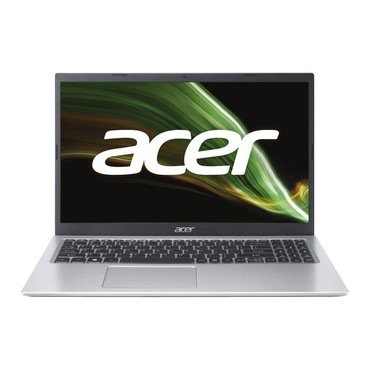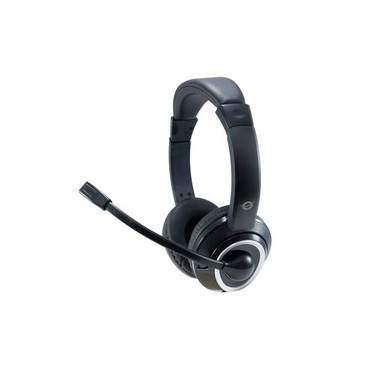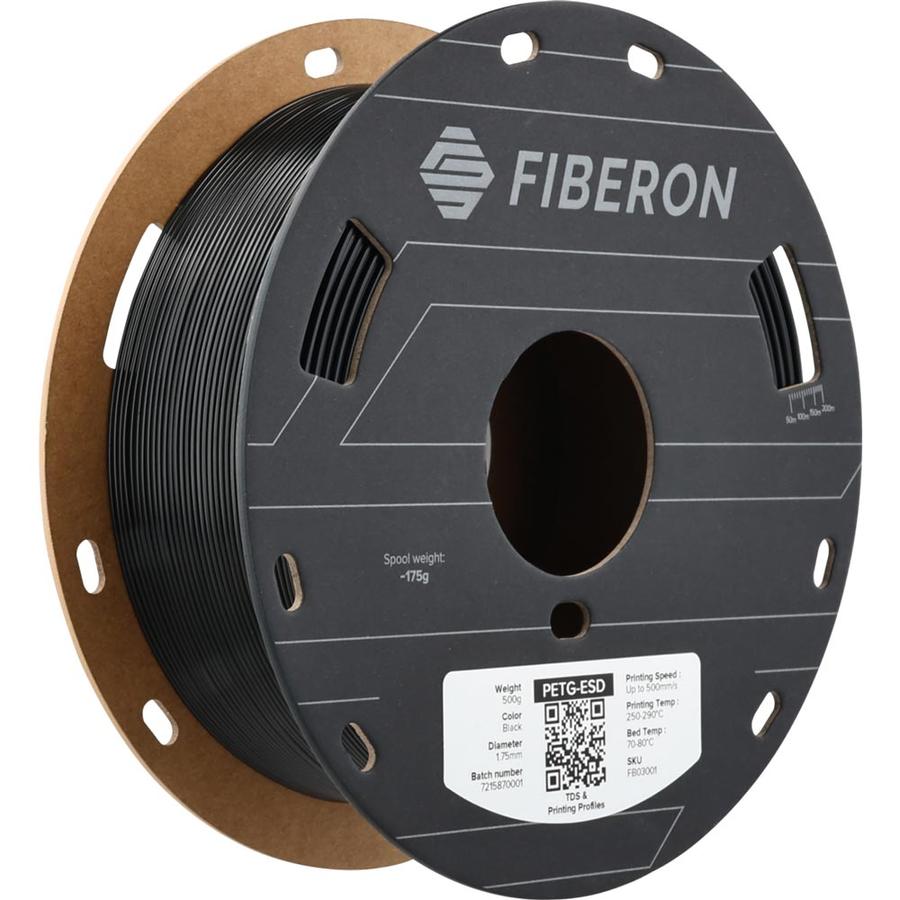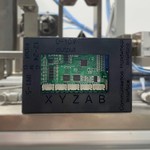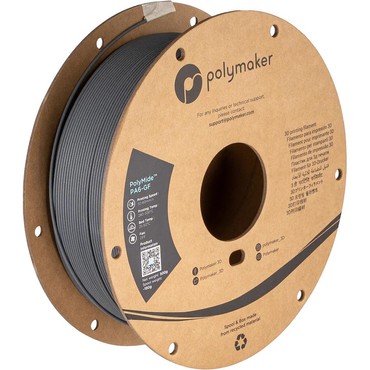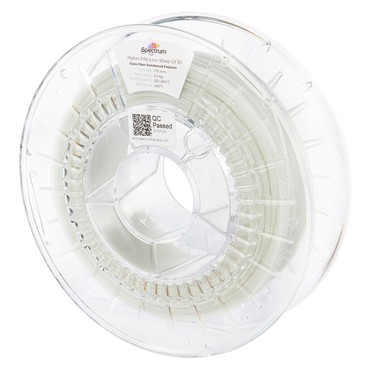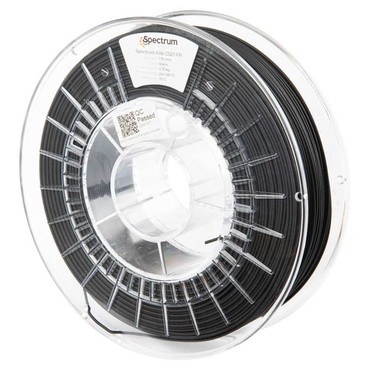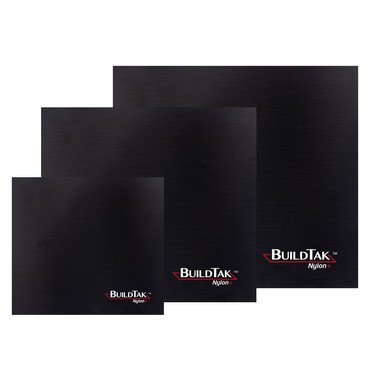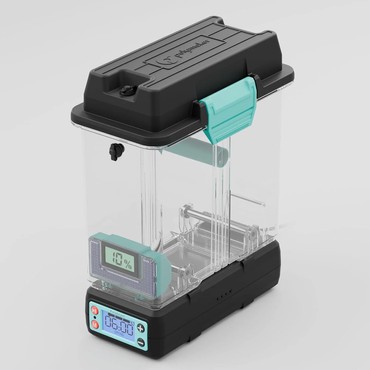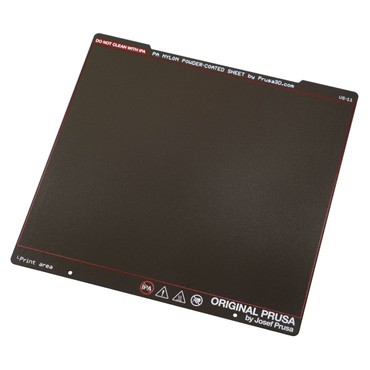Polymaker Fiberon™ PETG-ESD 1.75 mm / 500g / Black
Bietet Schutz vor elektrostatischer Entladung (ESD) bei verbesserter Zähigkeit, ideal für Anwendungen in der Elektronikindustrie.
PETG-ESD / in 1.75mm / 500g, 3000g / schwarz
- Hersteller: Polymaker
- Herstellernummer: FB03001
- EAN: 6938936714651
- Artikelnummer: 37525
- Verfügbarkeit: ab Lager > Lieferzeit 1-3 Werktage

Fiberon™ PETG-ESD (früher PolyMax™ PETG-ESD)
- hervorragende Druckbarkeit
- schützt vor elektrostatischer Entladung
- kostengünstig
Polymaker Fiberon™ PETG-ESD bietet Schutz vor elektrostatischer Entladung (ESD) bei verbesserter Zähigkeit und ist daher ein guter Kandidat für Anwendungen in der Elektronikindustrie.
HINWEIS: Fiberon™ PETG-ESD ist mit Kohlenstoffnanoröhren vermischt:
Hier ist eine Studie zu ABS vermischt mit Kohlenstoffnanoröhren.
Laden Sie das TDS herunter, um mehr über die Leistung des Materials zu erfahren.
Druckanforderungen
Ganzmetall-Hotend 250˚C+ empfohlen
- Material
Fiberon™ PETG-ESD - Drucktemperatur
250 - 290 ˚C - Heizbett
70 - 80 ˚C - Bauraum
Zimmertemperatur - Druckbettbeschichtung
BuildTak, Magigoo - Filament Durchmesser
1,75 mm - Filament Nettogewicht
500 g / 3000 g - Verpackungsgewicht
900 g / 4000 g - Lagerung
trocken und kühl - Maße
0.5kg cardboard spool:
Spool Inner Hole Diameter: 55±1mm
Spool Diameter: 200±1mm
Spool Width: 65.6±2mm
Spool Weight: 190±7g0.75kg cardboard spool:
Spool Inner Hole Diameter: 55±1mm
Spool Diameter: 200±1mm
Spool Width: 50.6±2mm
Spool Weight: 125±7g1kg cardboard spool:
Spool Inner Hole Diameter: 55±1mm
Spool Diameter: 200±1mm
Spool Width: 65.6±2mm
Spool Weight: 140±7g2kg cardboard spool:
Spool Inner Hole Diameter: 55±1mm
Spool Diameter: 250±1mm
Spool Width: 117.2±2mm
Spool Weight: 370±18.5g3kg cardboard spool:
Spool Inner Hole Diameter: 55±1mm
Spool Diameter: 250±1mm
Spool Width: 117.2±2mm
Spool Weight: 425±21.3g5kg plastic spool: 32mm/300mm/160mm/819g
Spool Inner Hole Diameter: 32±1mm
Spool Diameter: 300±1mm
Spool Width: 160±1mm
Spool Weight: 819±30g
Spool Material: PP
How long will PETG-ESD remain ESD safe?
The ESD (Electrostatic Discharge) safety of PETG-ESD filament can degrade over time, depending on environmental factors like humidity, temperature, and exposure to dust or contaminants. PETG-ESD filaments contain conductive additives, which can wear off or lose effectiveness due to surface abrasion or environmental wear. Typically, the ESD-safe properties should remain intact for 1-2 years under controlled conditions, but regular testing is recommended to ensure continued ESD performance. Storing parts in a clean, dry environment can help maintain their ESD properties longer.
Will the spools work in an AMS?
Yes! We have redesigned the edges of our spools so all Polymaker products will now spin great in the AMS.
That said - you will need to be careful when using any abrasive materials in the AMS.
What is the difference between PET and PETG?
PET and PETG differ in their chemical structure, properties, printability, and applications. PETG is more flexible, easier to print, and suitable for 3D printing and medical applications, while PET is more durable and suitable for applications requiring thermal resistance.
